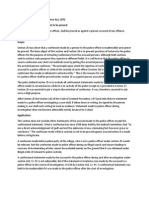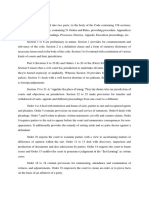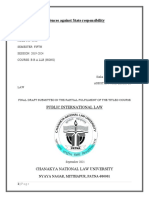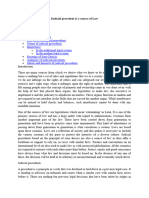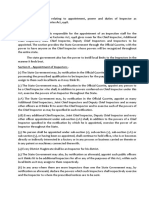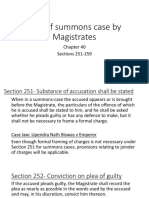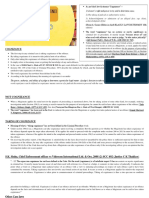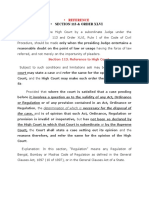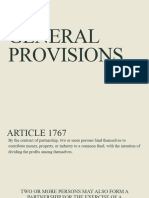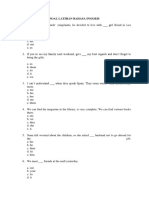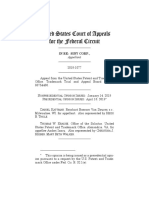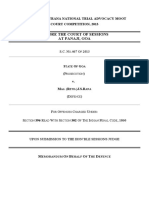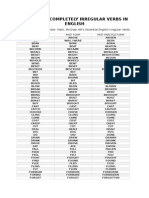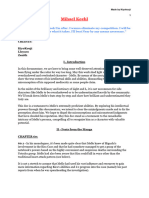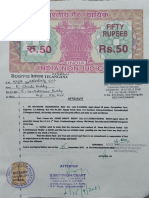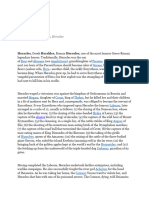100% found this document useful (1 vote)
1K views2 pagesDifference Between Review and Reference
The document discusses the difference between a reference and a review under the Civil Procedure Code. [1] A reference allows a subordinate court to refer questions of law to the High Court when it has a reasonable doubt. [2] It can only be made in a pending case and must meet certain conditions. [3] In contrast, a review allows an aggrieved person to apply for reconsideration of a decree or order by the same judge if there is new evidence, an error, or other sufficient reason.
Uploaded by
Siddhant RadhuCopyright
© © All Rights Reserved
We take content rights seriously. If you suspect this is your content, claim it here.
Available Formats
Download as DOCX, PDF, TXT or read online on Scribd
100% found this document useful (1 vote)
1K views2 pagesDifference Between Review and Reference
The document discusses the difference between a reference and a review under the Civil Procedure Code. [1] A reference allows a subordinate court to refer questions of law to the High Court when it has a reasonable doubt. [2] It can only be made in a pending case and must meet certain conditions. [3] In contrast, a review allows an aggrieved person to apply for reconsideration of a decree or order by the same judge if there is new evidence, an error, or other sufficient reason.
Uploaded by
Siddhant RadhuCopyright
© © All Rights Reserved
We take content rights seriously. If you suspect this is your content, claim it here.
Available Formats
Download as DOCX, PDF, TXT or read online on Scribd
/ 2











